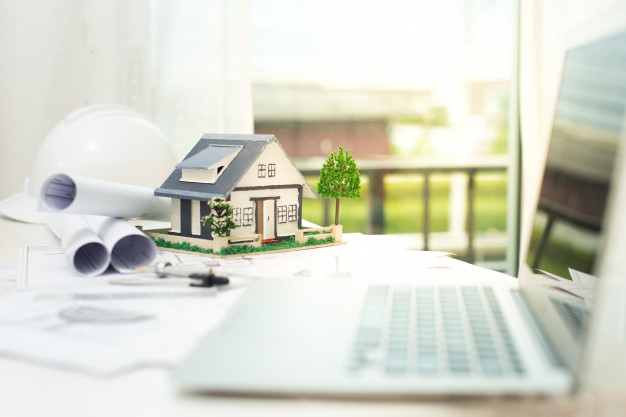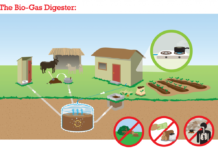Purchasing a new home isn’t always a seamless process, but neither is building one from the ground up. In fact, the building is not only time-consuming but more costly.
Why the variance in price? For starters, if you want to deck out your home with all the bells and whistles, that’s going to cost you. Plus, you must purchase the land and cover the costs associated with the building plan and permits. Here’s a closer look at the factors that make building a home so expensive.
#Land Shortages
When you buy an existing home, the cost of the land is built into the asking price. Often, this is also the case for master-planned communities. But when you build a home on your own terms, you’ll be tasked with finding and purchasing your own lot. And if you’ve ever tried searching for land, it can be hard to come by at an affordable rate, particularly if you’re looking to build in a metropolitan area.
Thinking of ditching your search for land for a master-planned community? You may still have to fork over a decent sum of cash, especially if you’re looking to live in or near an urban area. Buildable lots are much more costly in urban areas, making profit margins lower for builders. Not surprisingly, builders will do their best to pass those higher costs to you.
#Elaborate Custom Designs
Building from the ground up grants you the freedom to create the home you’ve always dreamed of. The catch lies in how elaborate your dream is: The more complex the plan, the more you’re going to spend. Expect to pay between 5% and 15% of the total construction costs for the residential architect’s services.
Keep it simple to offset planning and building costs. Look to the early 20th century suburbs for inspiration and lessons on the elegant simplicity of the box. If your builder has a choice of pre-existing plans, you can minimize costs by tweaking an existing design to suit your needs instead of insisting on a completely new one.
#Delayed Plan and Permit Approvals
Plans must be submitted to your local building and permit office; if there are issues, they’ll be sent back to the builder for revisions. Upon approval, builders must secure permits to begin construction. This process is rarely as seamless as it sounds. Staffing is one issue.
Mandated plan revisions—to make sure the house meets building codes, for example—may entail considerably more (expensive) work. When a builder has 25 changes or more, that’s a lot of work to get the plans up to the new code. More requirements to reach code equal more time and labour—and higher charges to the homebuyer.
#Upgrades
When you strolled through the builder’s model home, was it love at first sight? Unfortunately, what you see isn’t necessarily what you’ll get in your new home at the advertised price. Most custom-built homes come with standard features, and you’ll have to pay a fee for each item you upgrade.
Hardwood floors, crown moulding, vaulted ceilings, screened-in patios, marble countertops, and accent walls will all come at an added cost. A word to the wise: Don’t allow the builder to coerce you into purchasing fancy upgrades you can’t afford. Many upgrades can be installed later when you may have more spare cash than right now.
#Inspection Costs
Multiple inspections are required by law to ensure that your new home is up to par and complies with local and state regulations. The builder may handle this for you, but guess who’ll be covering the costs? It’s best to have a final inspection done by an objective party you (not the builder) hires before signing off on the new house.
#New Regulations
Builders are also increasing their costs to cover recently implemented regulations for house erosion control, energy codes, and fire sprinklers. New regulations to protect the environment and to shore up local city finances have made it extremely difficult for home builders to build affordable homes. Of course, if that sprinkler prevents a fire from doing more than minimal damage when a faulty wire shorts out, it will be worth every penny.
The Bottom Line
Building a home can be very costly, so it’s best to understand all the factors that go into the equation before moving forward. Also, research the builder to confirm that the company is reputable and backs its work with a warranty. And don’t forget to hire an attorney to review the terms and conditions of the construction agreement before signing on the dotted line to start the project and purchase the home.














